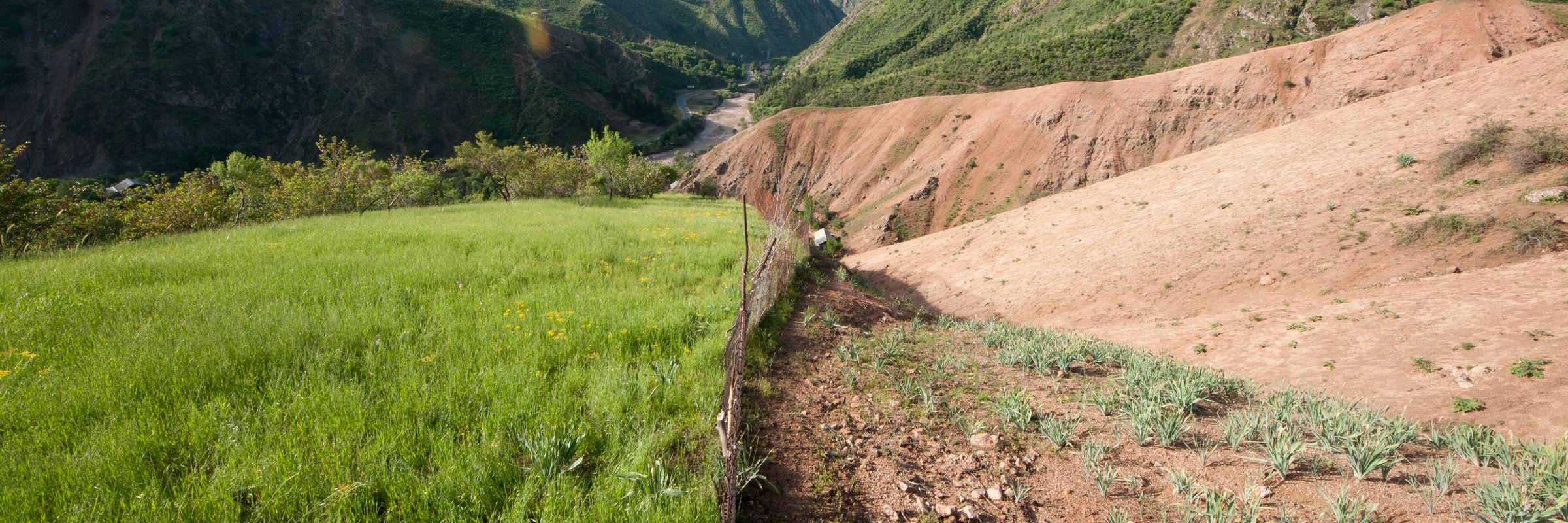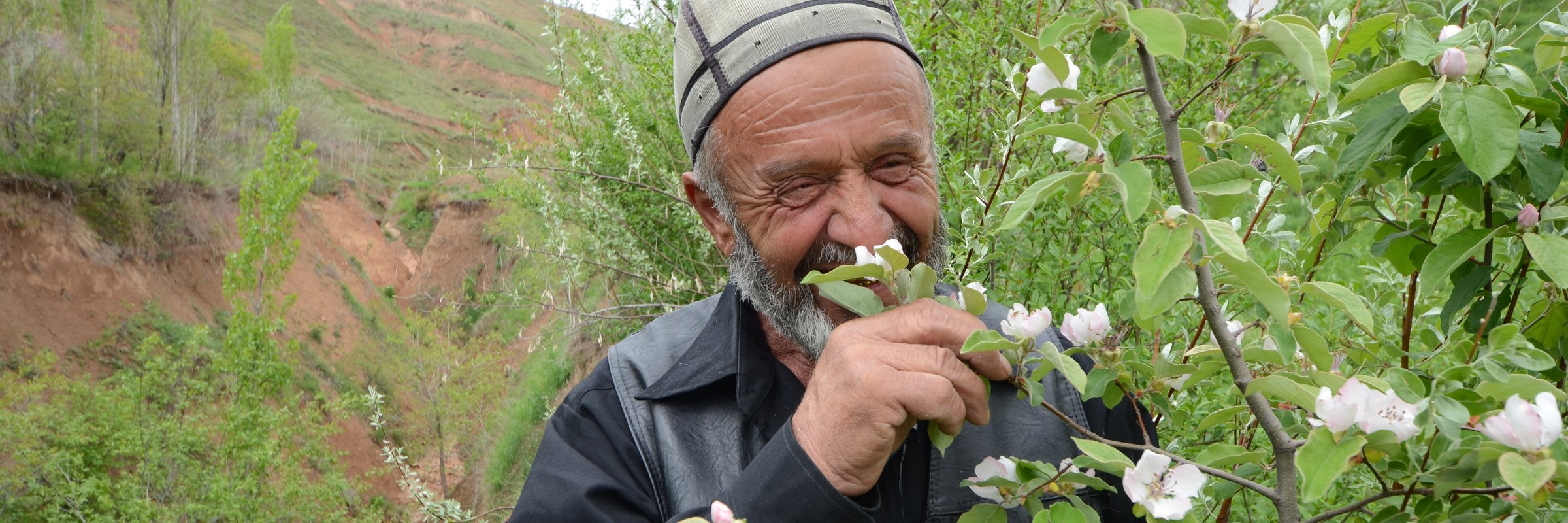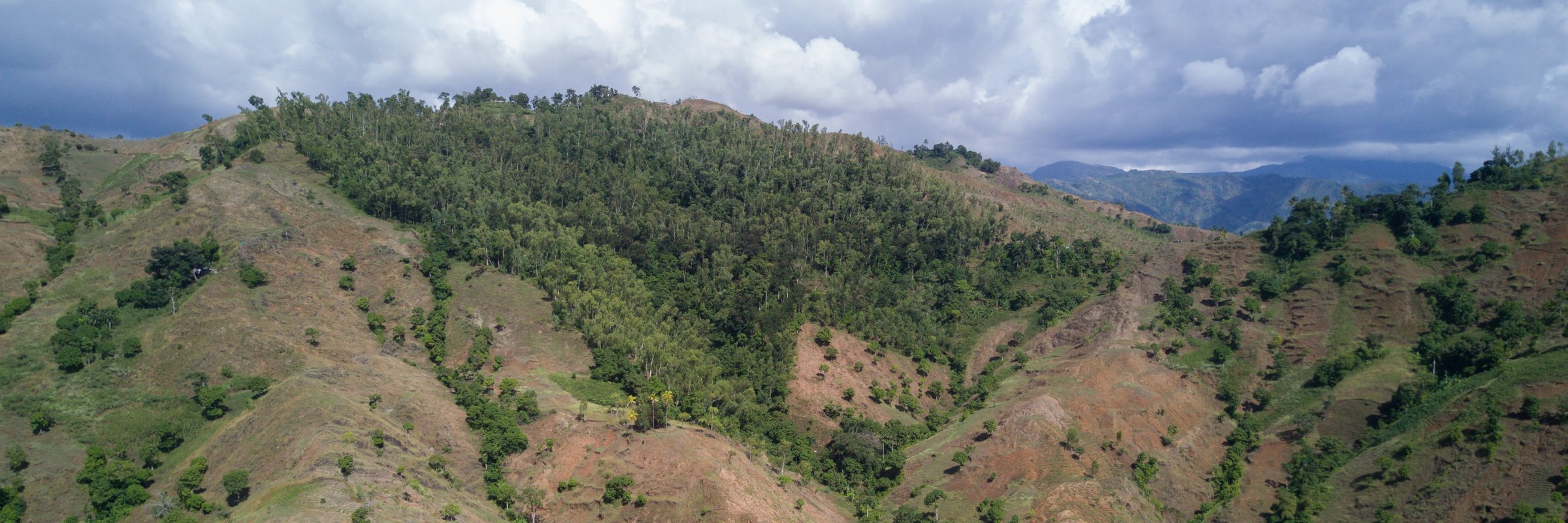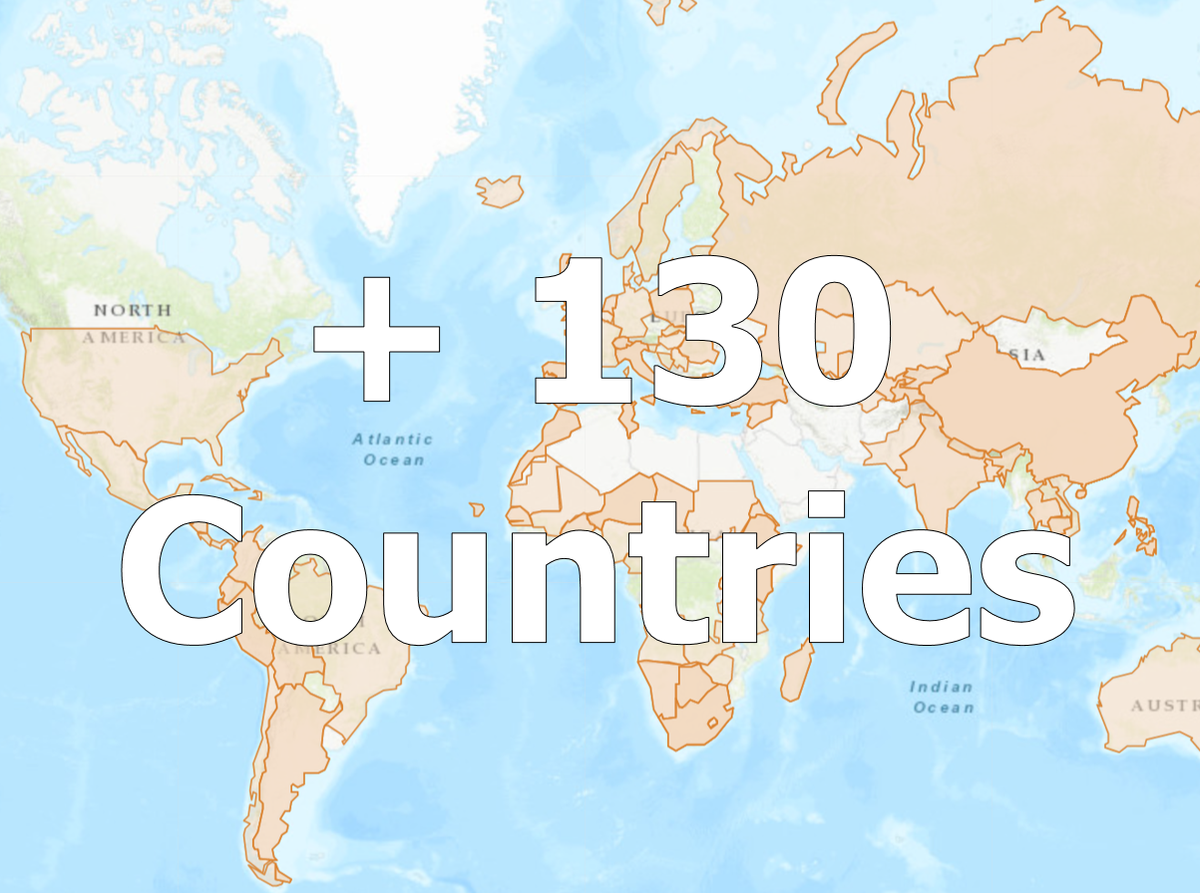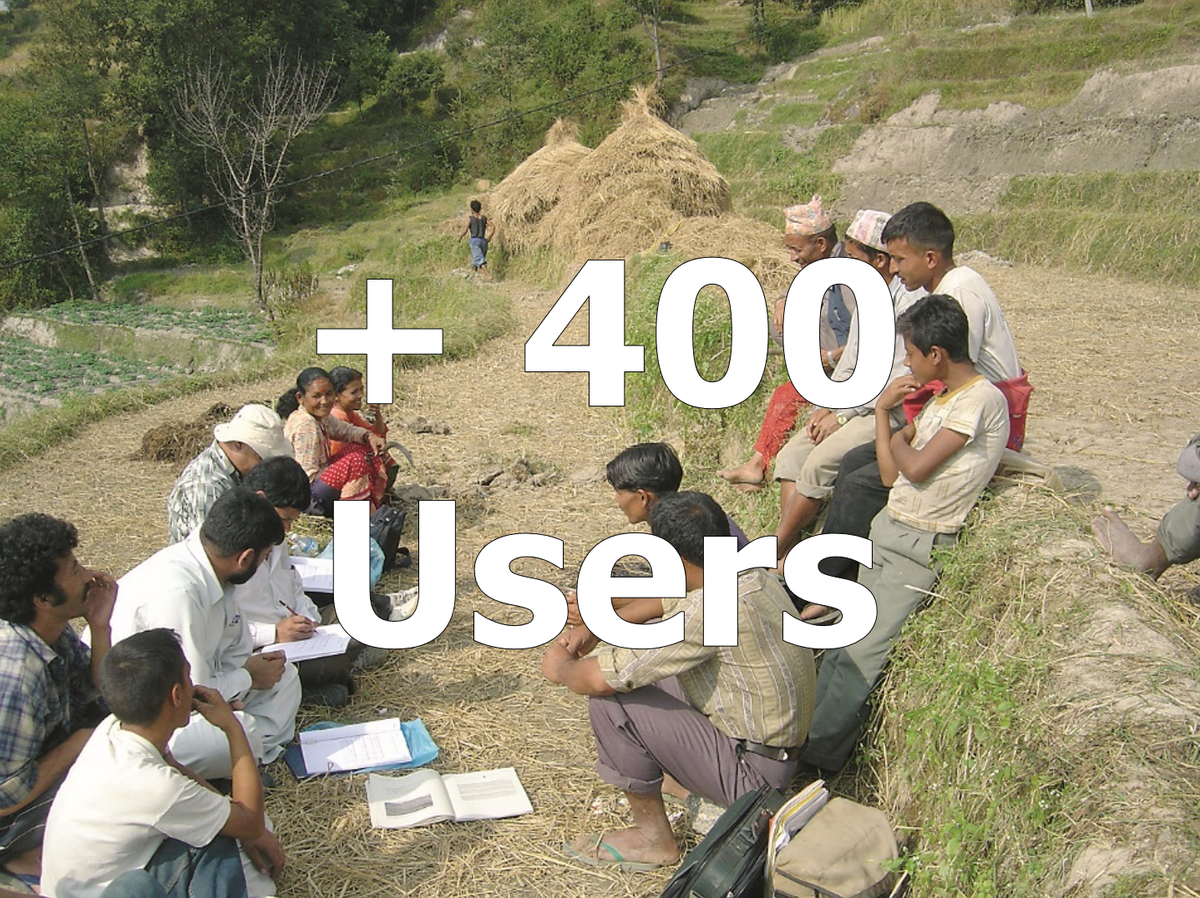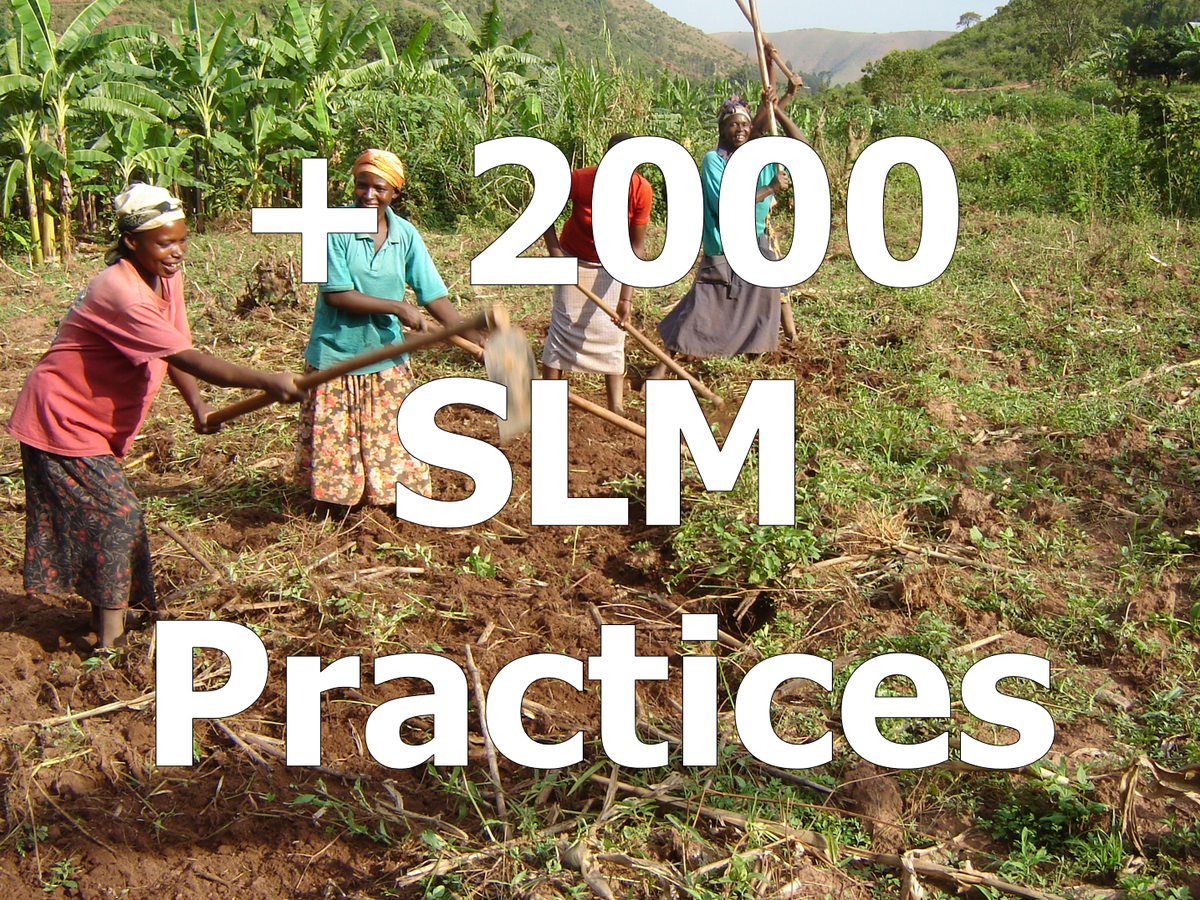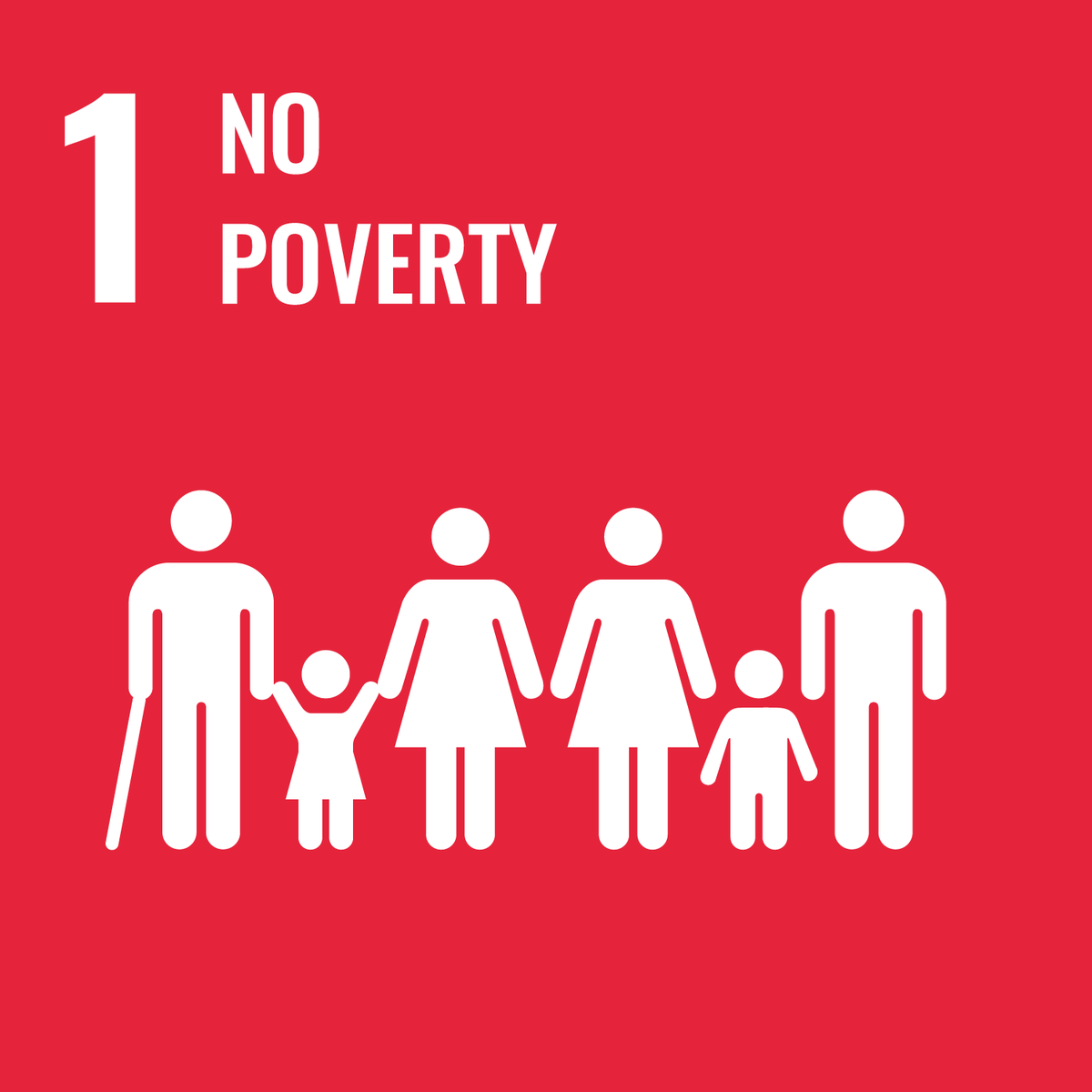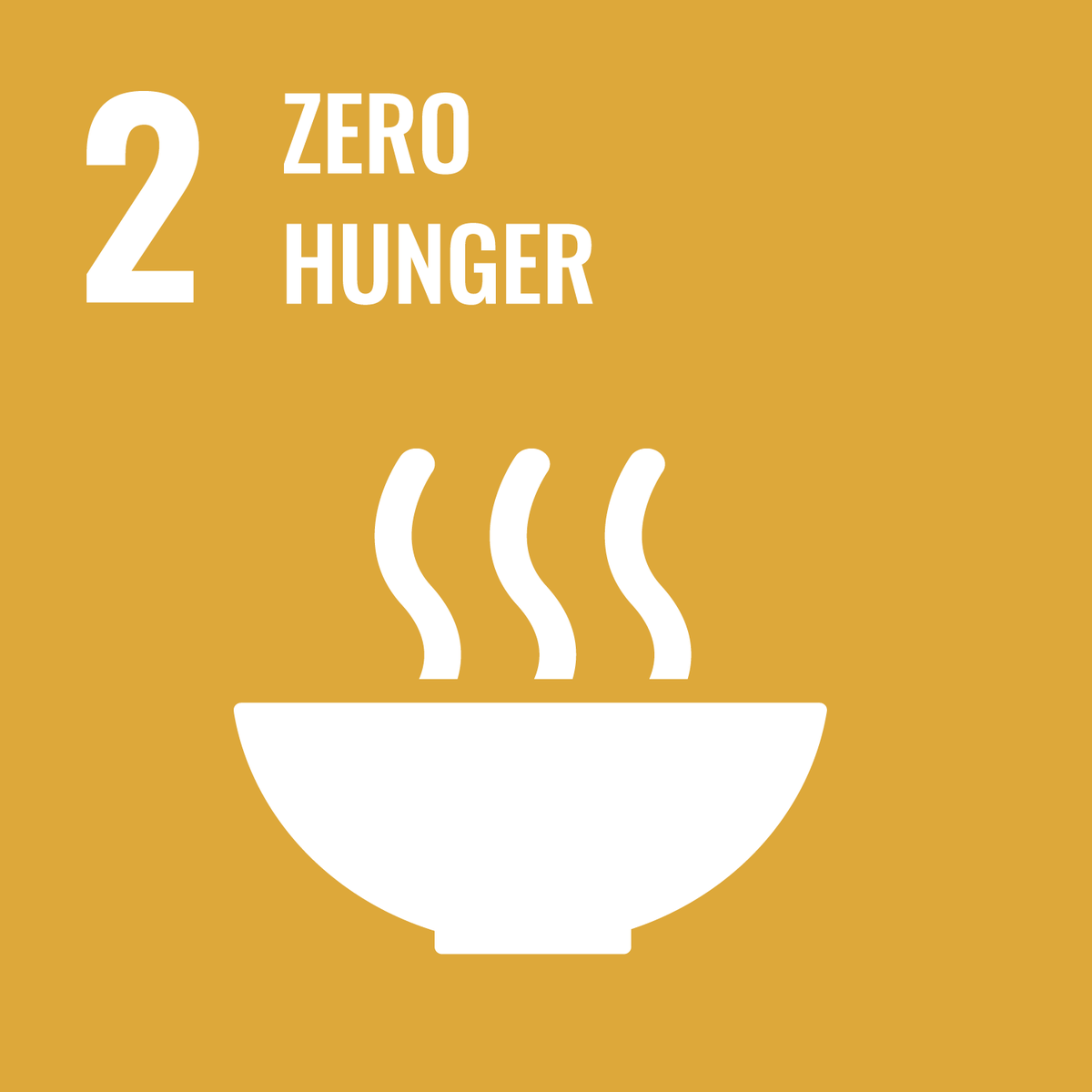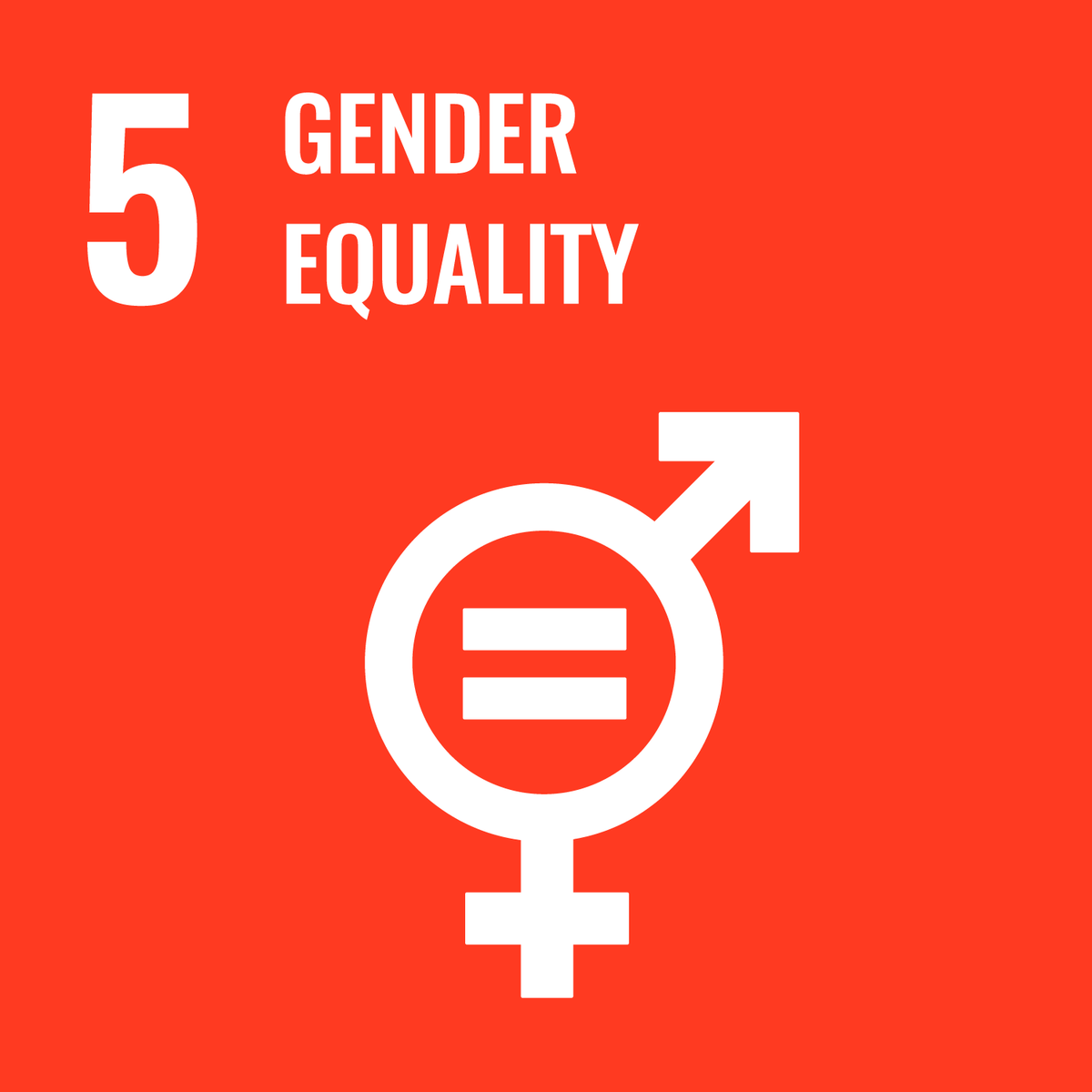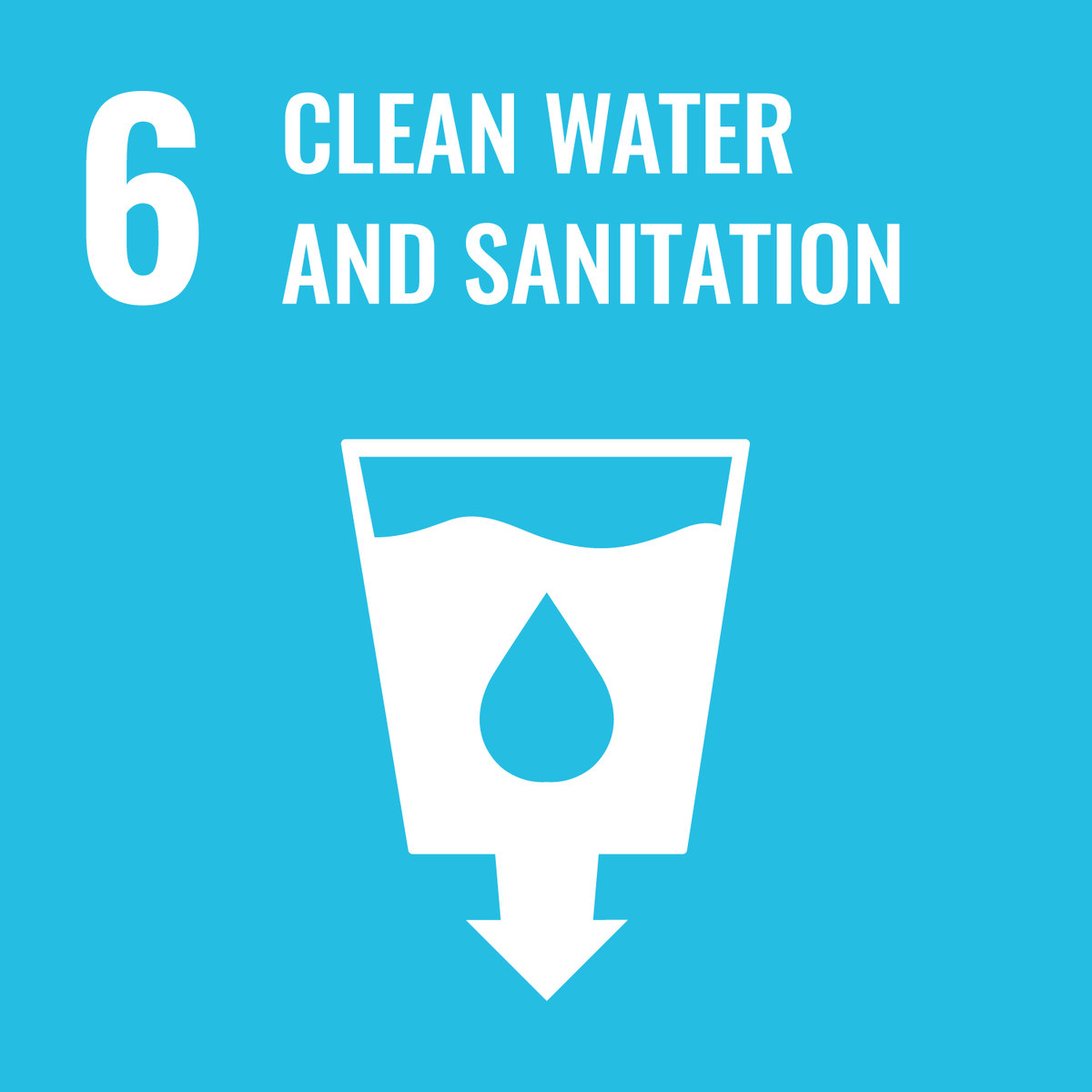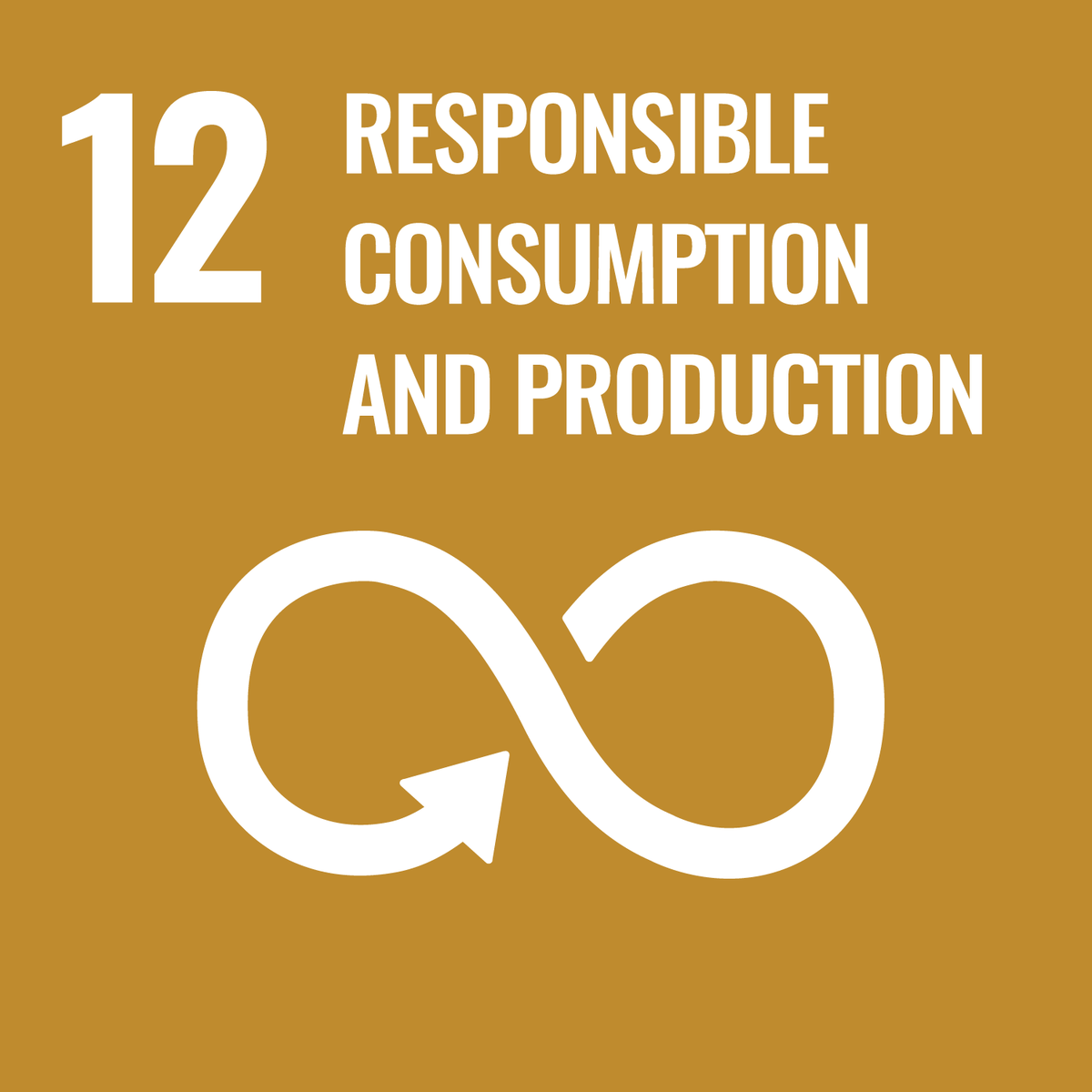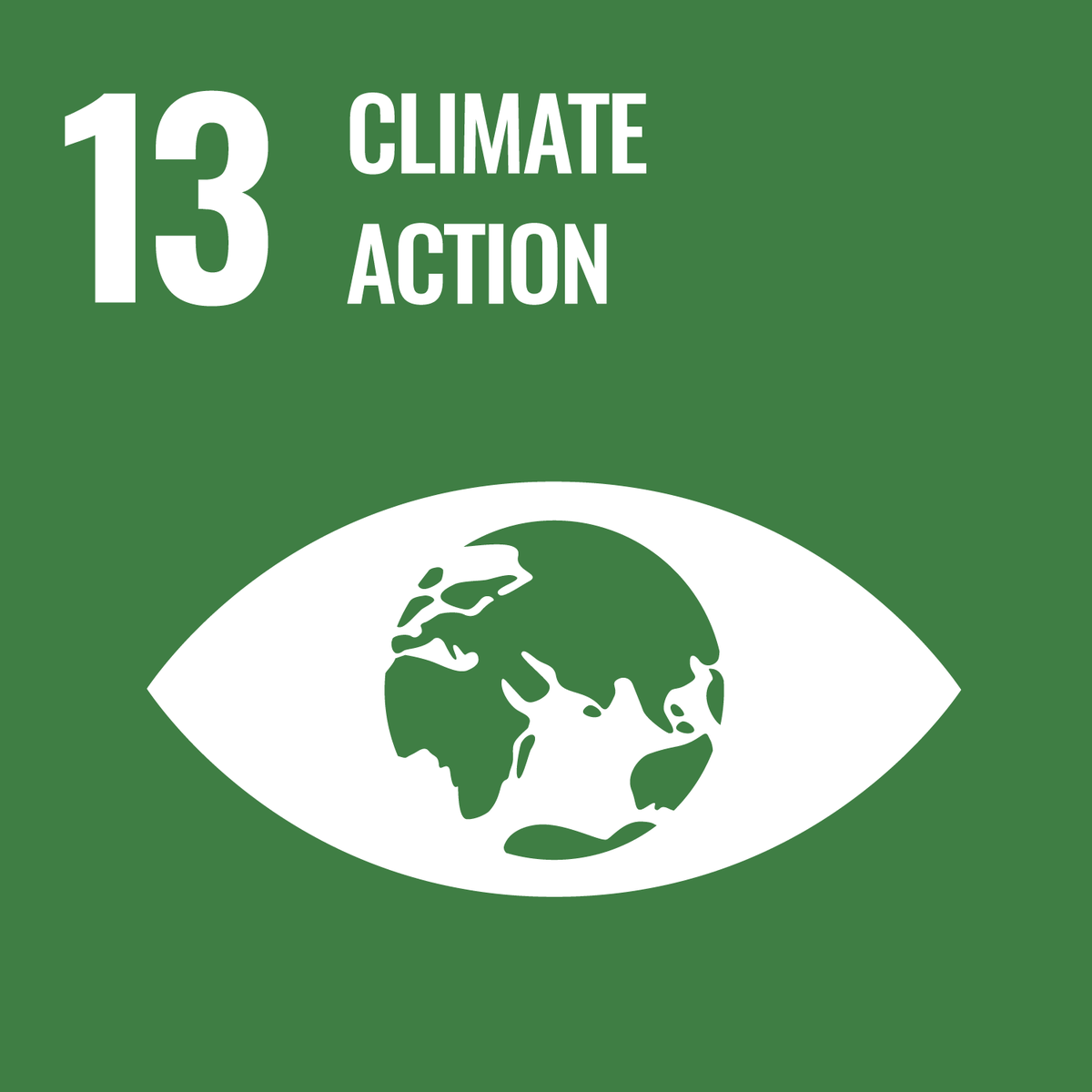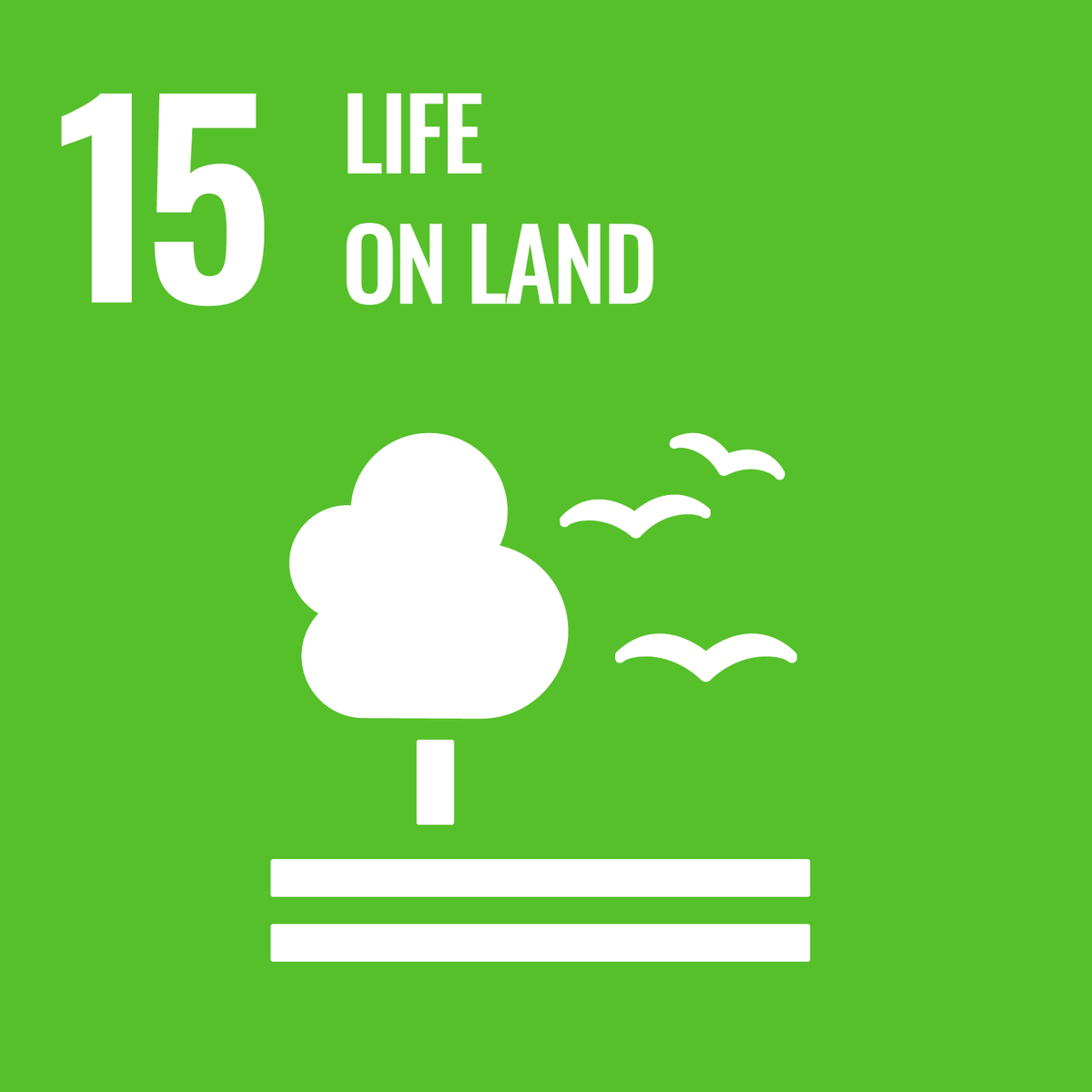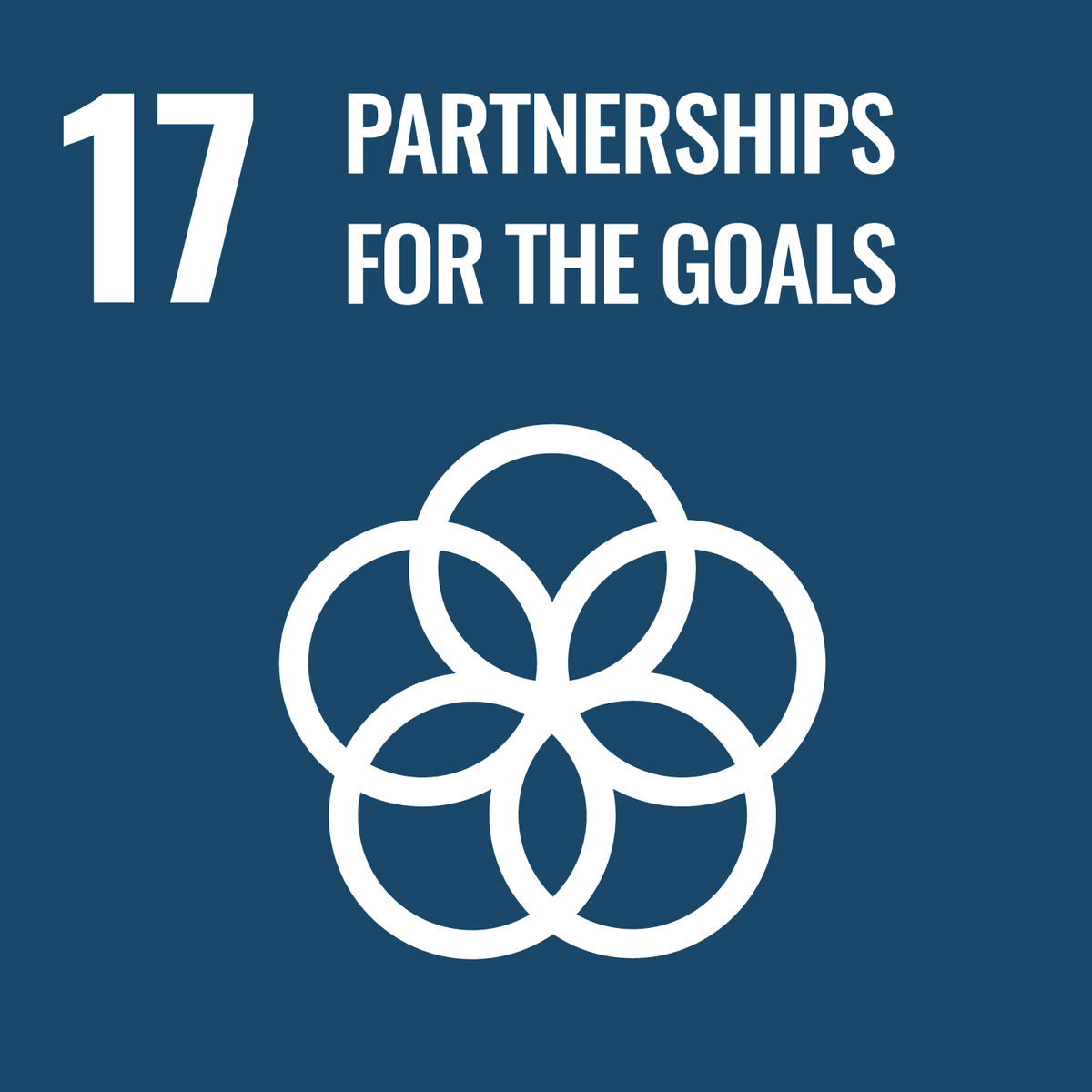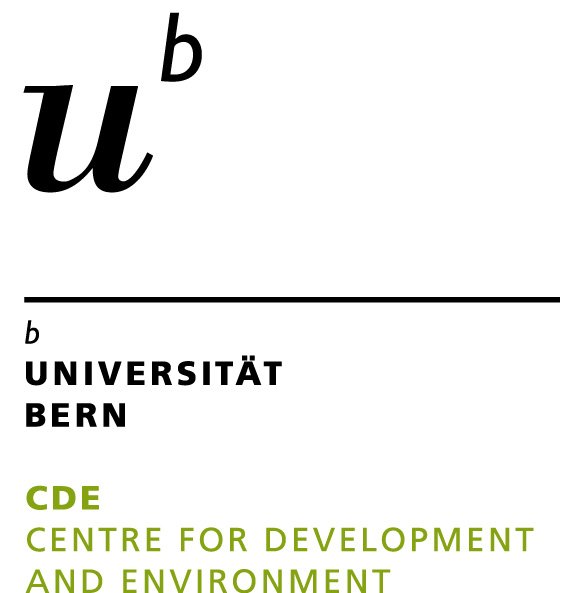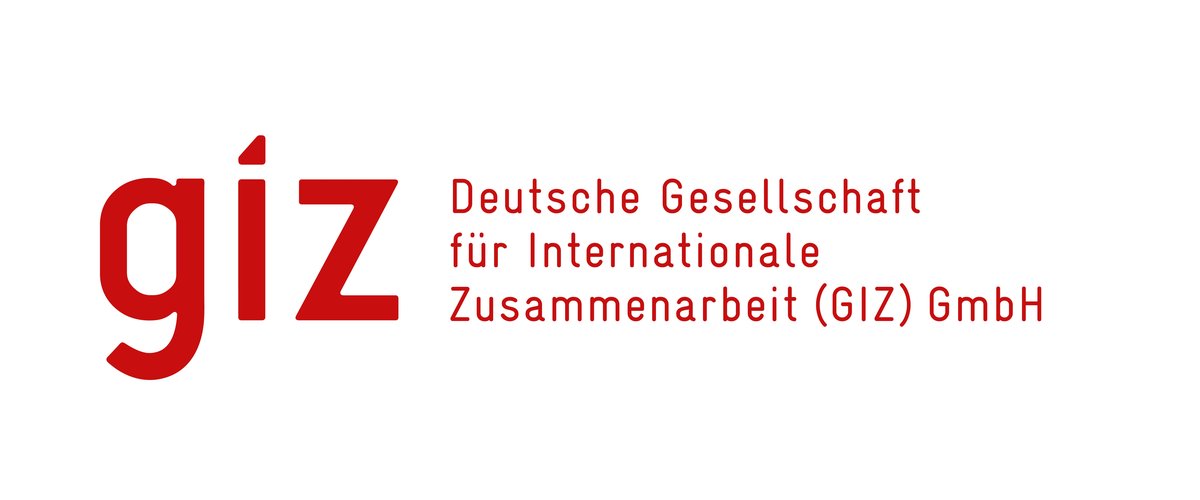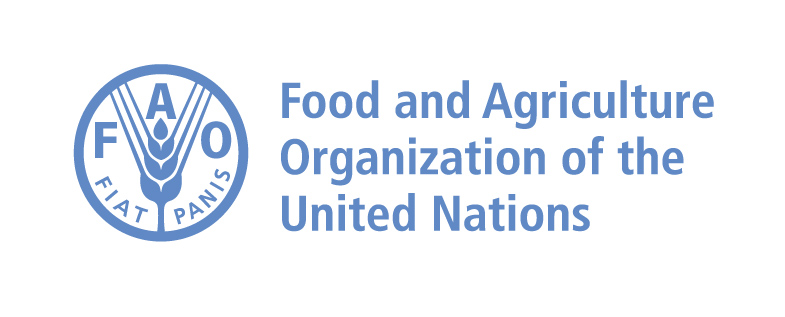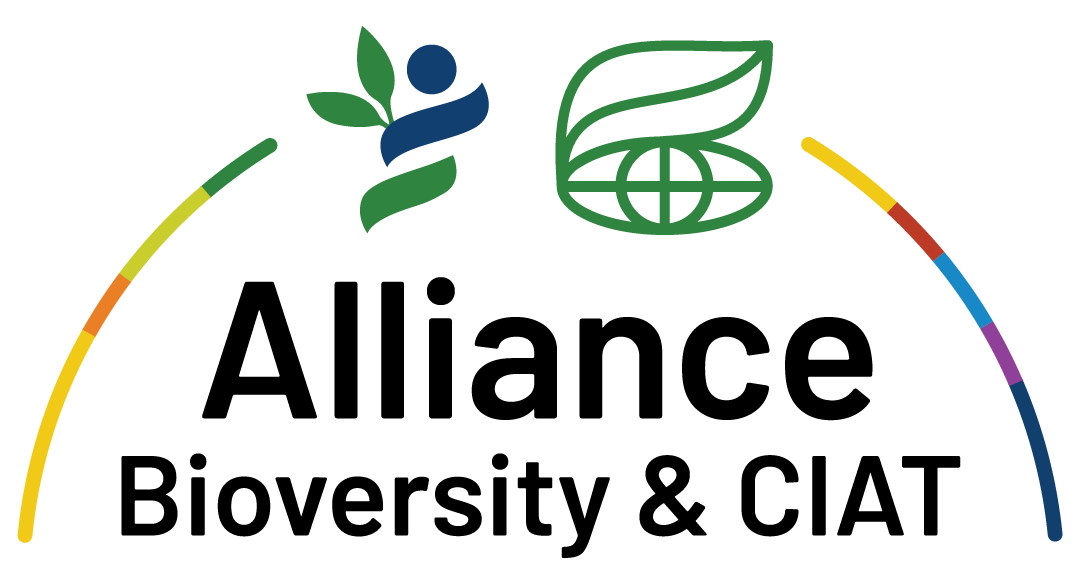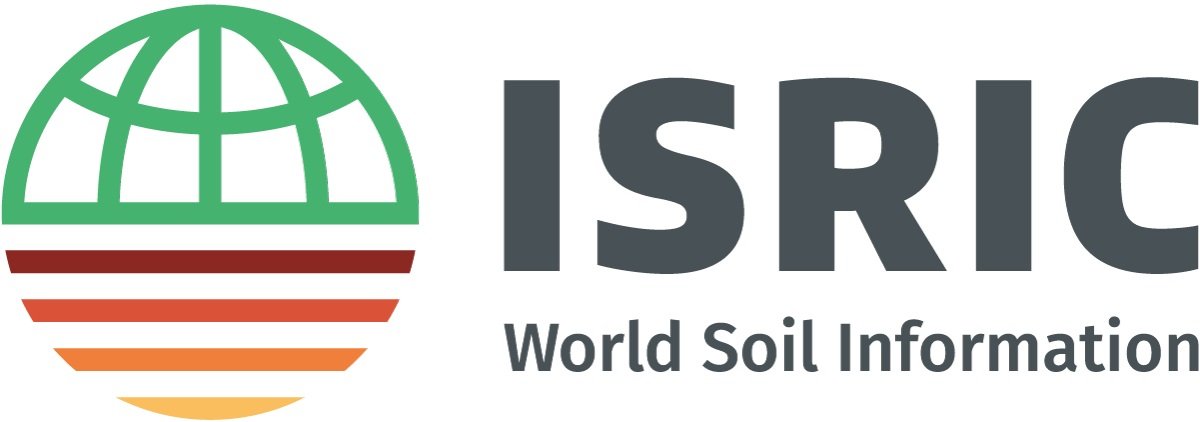About WOCAT
WOCAT is the World Overview of Conservation Approaches and Technologies.
- WOCAT
- About
Our value-add
Launched in 1992, The World Overview of Conservation Approaches and Technologies (WOCAT) is a global Network sharing the same aim to document, share, and apply sustainable land management (SLM) knowledge. Pioneer in transformative action for SLM, the Network establishes an innovative space for sharing and scaling good practices to address land degradation, climate change, and biodiversity loss. This facilitates local, national, regional and global knowledge sharing and analysis of which good practices work where, how and why, and what are their costs and benefits.
Due to its long-term presence and wealth of knowledge, the WOCAT Global SLM Database has been officially recognized by the UNCCD as the primary recommended Global Database for SLM best practices. WOCAT’s role in documenting and sharing of SLM good practices, building capacities and supporting the implementation of UNCCD has been highlighted by the five UNCCD COP15 decisions and four UNCCD COP16 decisions that specifically relate to and mention WOCAT.
What we offer
The main WOCAT services include:
- Global Network of SLM specialists, forming partnerships, and maximizing synergies
- Standardised way to document SLM knowledge and host of a user-friendly database
- Tools to assess SLM solutions to promote their wide adoption and spread
- Training and capacity building in SLM
- Dissemination of targeted information via different channels ensuring strong knowledge flow related to SLM
- Searching and selecting SLM options: decision support for mainstreaming and scaling out SLM
- Mapping problems and progress: spatial assessment of land degradation and SLM in the context of Land Degradation Neutrality
Our focus & impact
WOCAT took the lead in moving away from a land degradation towards a SLM focus. WOCAT defines SLM as:
"the use of land resources, including soils, water, animals and plants, for the production of goods to meet changing human needs, while simultaneously ensuring the long-term productive potential of these resources and the maintenance of their environmental functions." (Learn more)
WOCAT unites stakeholders for transformative actions towards a future where knowledge is mobilized to fight degradation, ensure land is on the global agenda, and sustainable practices are successfully taken up – benefitting people and nature.
Our vision & mission & principles
The vision of WOCAT is to improve land resources and ecosystems and people’s livelihoods by enhancing, sharing, and using knowledge on SLM. Without effective knowledge management and evidence-based decision support tools and processes, land management will remain ineffective or lack sustainability.
The mission of WOCAT is to support adaptation, innovation, and decision-making around SLM. This includes:
- enhancing land productivity and water use efficiency sustainably contributing to food security
- supporting climate change adaptation/ mitigation and reducing disaster risks
- promoting conservation and sustainable use of biodiversity
The principles of WOCAT revolve around knowledge management:
- Harmonization of tools and ways of generating data
- Standardization of data to make it usable and comparable
- Democratization of knowledge through open access and easy to use data and knowledge
- Centralization of knowledge on different platforms ensuring sustainability
- Co-development and inclusiveness in the creation of knowledge
- Easily transferable tacit knowledge into explicit knowledge through various knowledge products addressed to different audiences
WOCAT aims at facilitating cost-effective investments in – and scaling up of – SLM, providing land-based solutions to achieve key targets of the 2030 Agenda:
Our Story
WOCAT was founded in 1992 as an informal global network of soil and water conservation specialists. It was one of the first programmes to promote resource conservation and SLM in response to land degradation. WOCAT developed standardized tools for documenting, monitoring, and evaluating SLM know-how as well as disseminating it around the globe, enabling land users to exchange experiences. Joint and participatory development of the programme by national and international partner institutions and organizations has made it possible to continuously improve and adapt its contents to users’ needs while maintaining the benefits of standardization. Over the years, WOCAT expanded its focus in several ways. It went beyond data collection to conduct evaluation, monitoring, training, and research on SLM. An initial emphasis on soil erosion and decline in soil fertility was broadened to include examination of good practices – comprising technologies and approaches – in SLM that took into account soil, water, vegetation, and animals. WOCAT’s initial use of questionnaires gradually developed into a flexible, modular methodology. Overall, it went from being a programme mainly focused on knowledge generation to one concerned with the use of that knowledge for evidence-based decision-making, addressing both on-site and off-site benefits of SLM including watershed and landscape approaches. In 2014, the WOCAT Network was reorganized into a more formalized international network. In the same year, WOCAT and the United Nations Convention to Combat Desertification (UNCCD) signed an agreement in which the UNCCD officially recognises WOCAT as the primary recommended database for SLM best practices and adaptation measures. The UNCCD recognition gives WOCAT the mandate to support the 196 signatory countries in recording their SLM best practices and using the SLM knowledge of stakeholders worldwide – from land users to decision-makers – to improve local land management. In 2020, the UNCCD-WOCAT Partnership was extended to boost the uptake of SLM practices around the world through a strengthened global partnership.
WOCAT Structure
WOCAT’s work is guided by the WOCAT 2020+ Strategy, formalized by a Framework Agreement among seven Consortium Partners and operationalized by the following organizational structure:
The Executive Team, with support from the Secretariat, is responsible for the global management of WOCAT2020+. It is composed of CDE, ISRIC and ICARDA.
The Steering Committee provides support and approves the long-term strategies, annual plans, and budgets of WOCAT 2020+. It oversees the implementation of the annual plans and is responsible for providing strategic direction to the Executive Team.
The Advisory Board provides an external viewpoint on the strategy, organization and activities of WOCAT2020+. It advises the Steering Committee and Executive Team.
The Secretariat and Services supports the Executive Team with overall management tasks including organizational and administrative support, requests from the Network, and commissioning tasks to Individual or Organizational Members.
The Regional Clusters are official representatives of WOCAT 2020+, defend its interests and promote its messages, visibility and acceptance in the regions. They act as catalysts for mainstreaming SLM and LDN in strategic agendas and for enhancing capacities, through south-south collaboration, with other RCs and other institutions, in implementing and scaling up SLM.
WOCAT Memberships
WOCAT is a Network of organizational and individual members:
Organizational Members represent organizations actively using WOCAT tools and methods and contributing to the WOCAT Global SLM Database.
Individual Members are individuals requesting to join WOCAT and not representing an organization.
Roster of Experts constitutes a pool of institutions and experts having major former or present involvement in WOCAT and/or SLM.
Disclaimer: We are currently reviewing the new membership structure. The updates in Get involved and Membership pages will be available soon. In the meantime, please contact the WOCAT secretariat to join the Network.
WOCAT Programme and Project Partners
WOCAT partners with institutions in programmes and projects or is contracted by national or international clients to implement services.
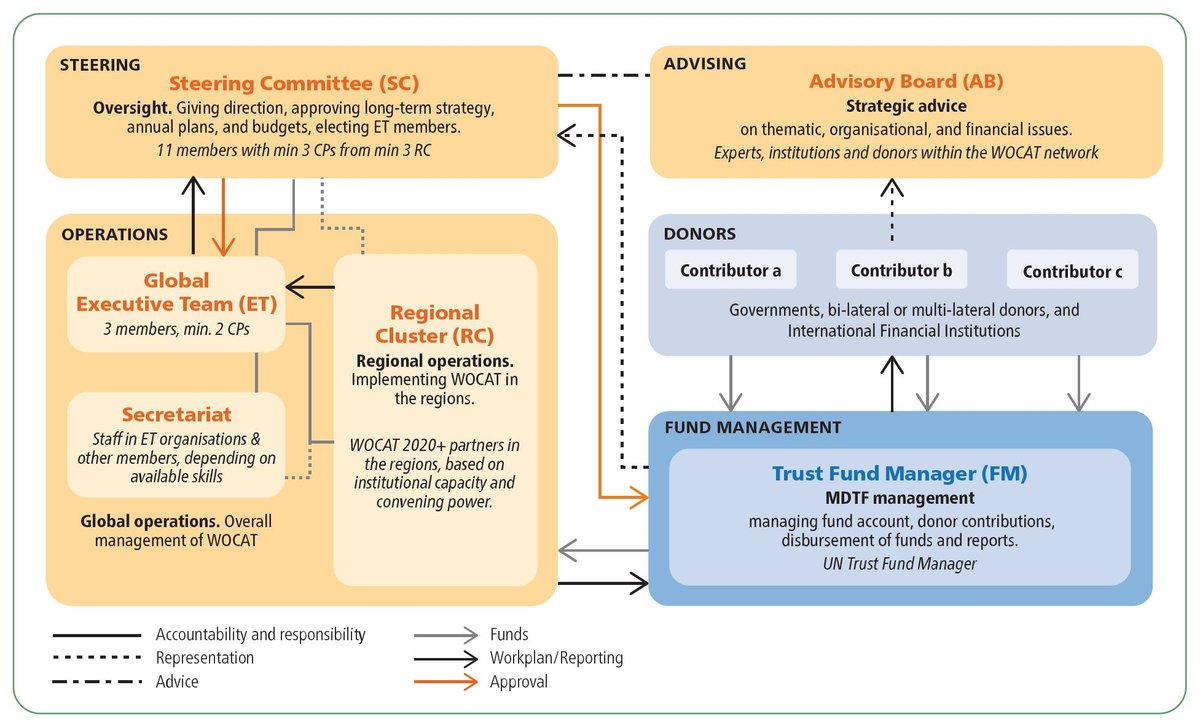
The MDBF, hosted by the UNCCD Secretariat, is a collaborative financial mechanism that pools donor resources to accelerate the global implementation of innovative SLM solutions, addressing critical gaps in knowledge and capacity.
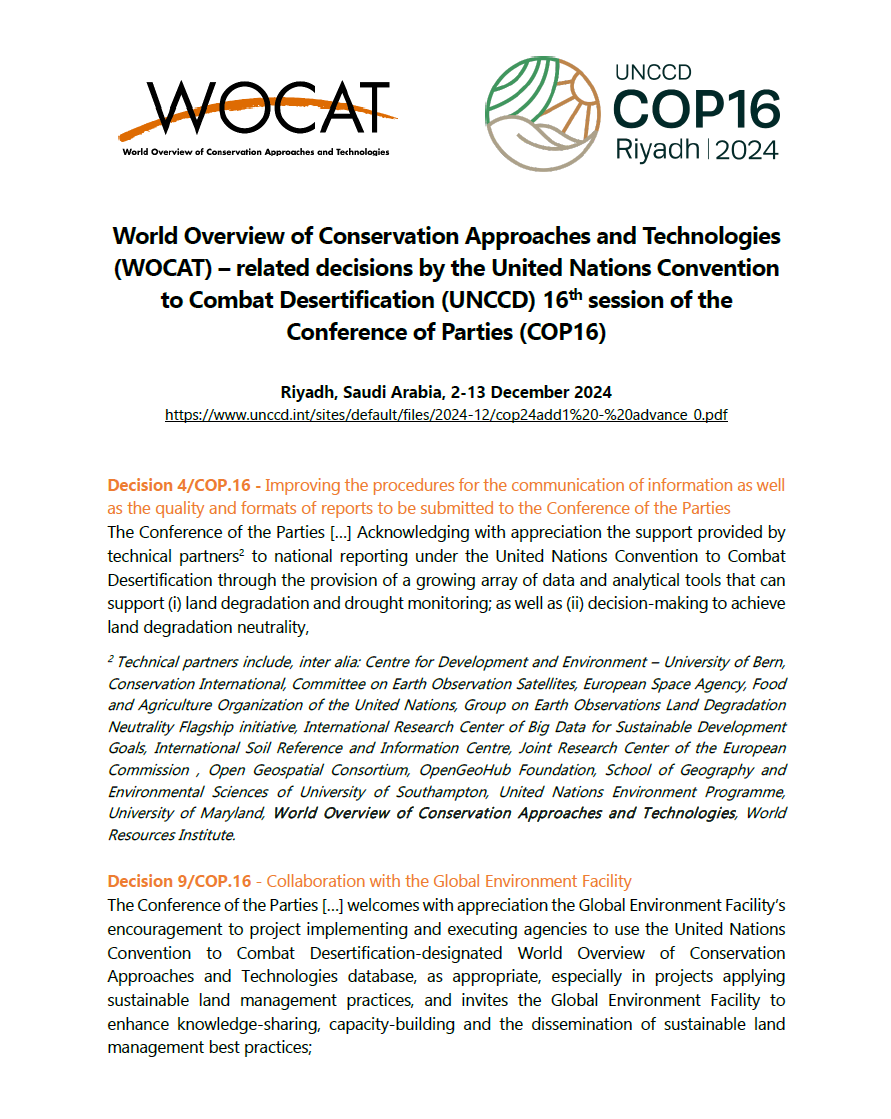
4 of the 37 decisions taken at COP16 highlight the role of WOCAT in supporting knowledge sharing, generating SLM good practices data and building capacity in collaboration with UNCCD and other partners.
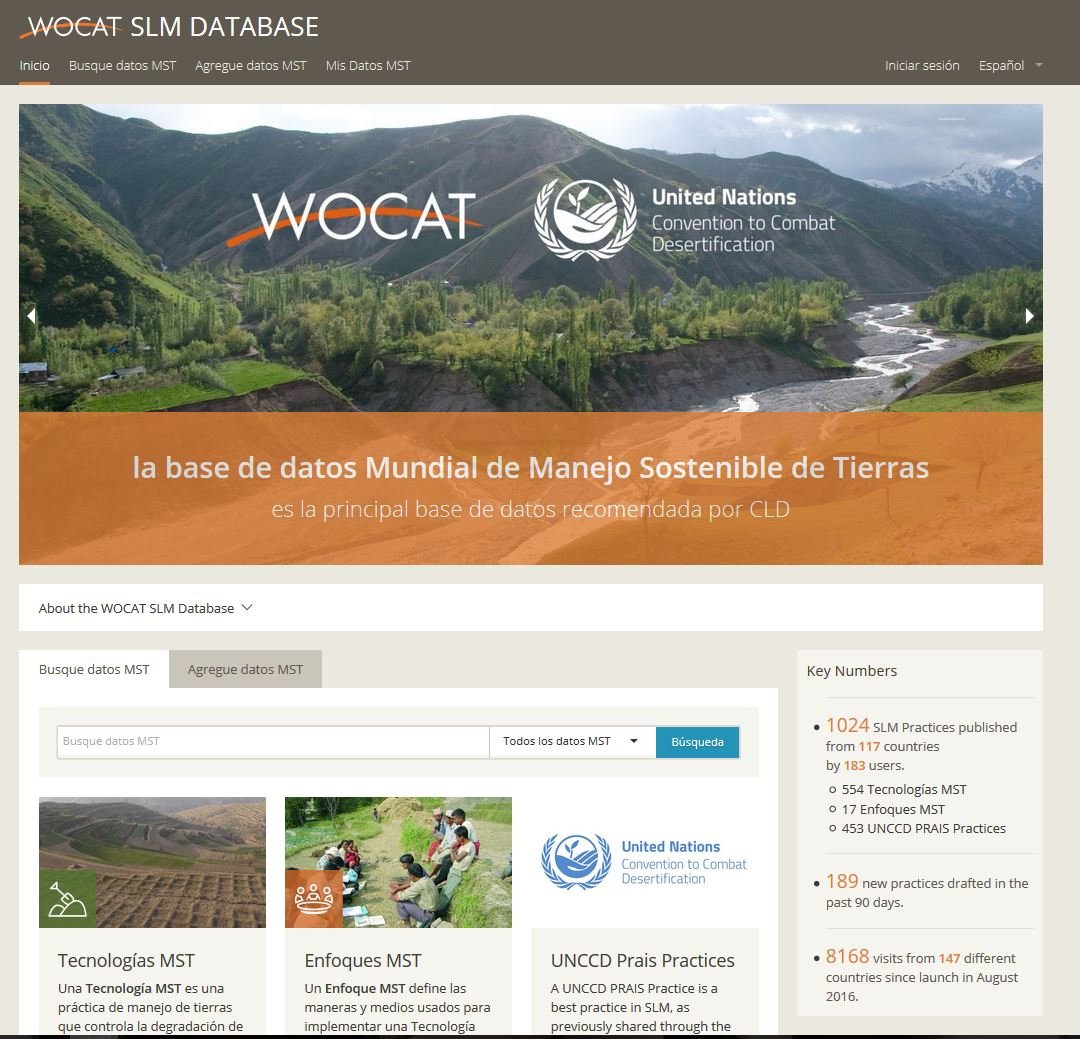
The Global Database on SLM contains a vast range of good practices from all over the world and is the primary recommended database by UNCCD.
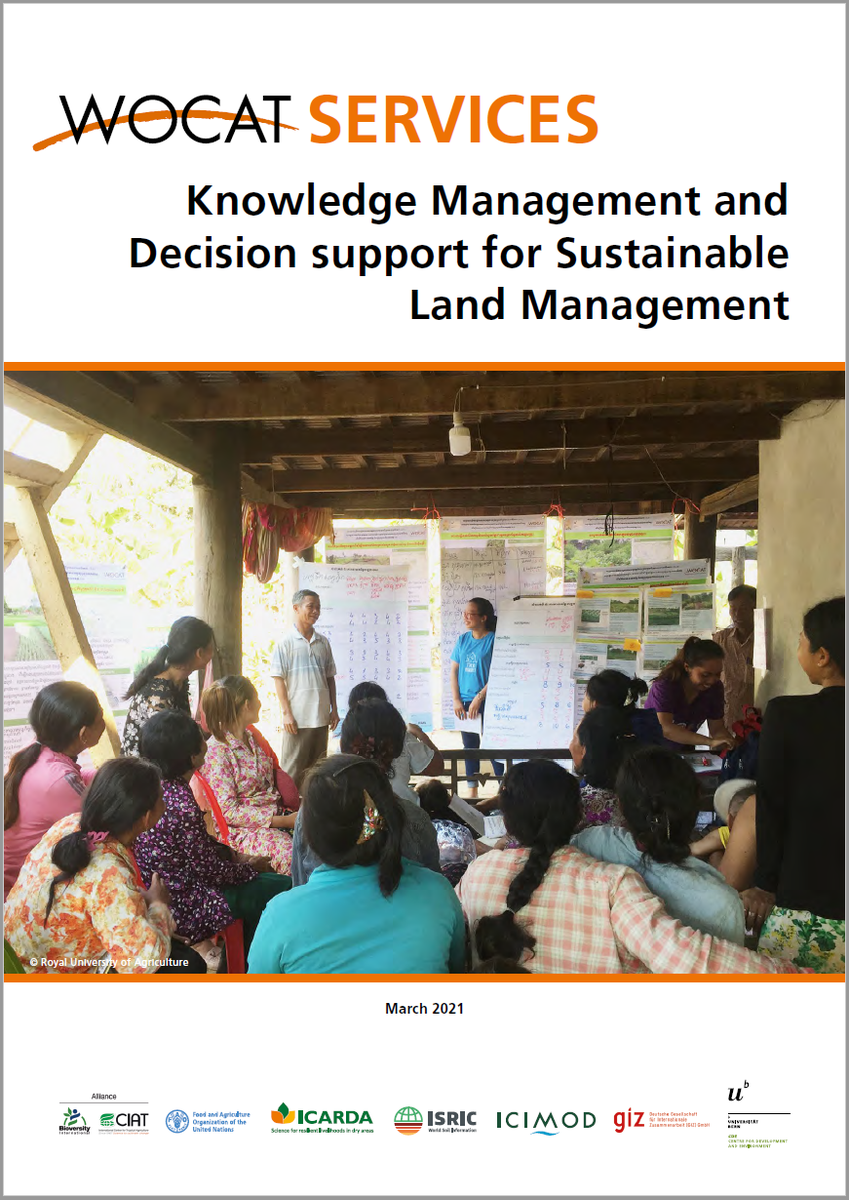
This brochure provides an overview over the WOCAT Services on knowledge management and decision support for SLM.
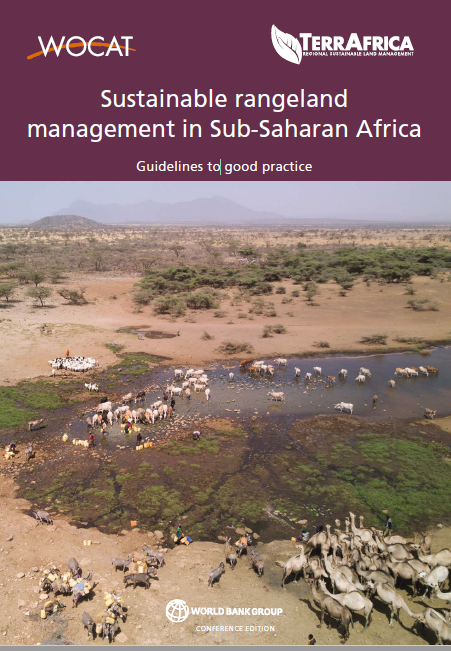
Are you looking for WOCAT SLM books, videos, factsheets, papers or other media?
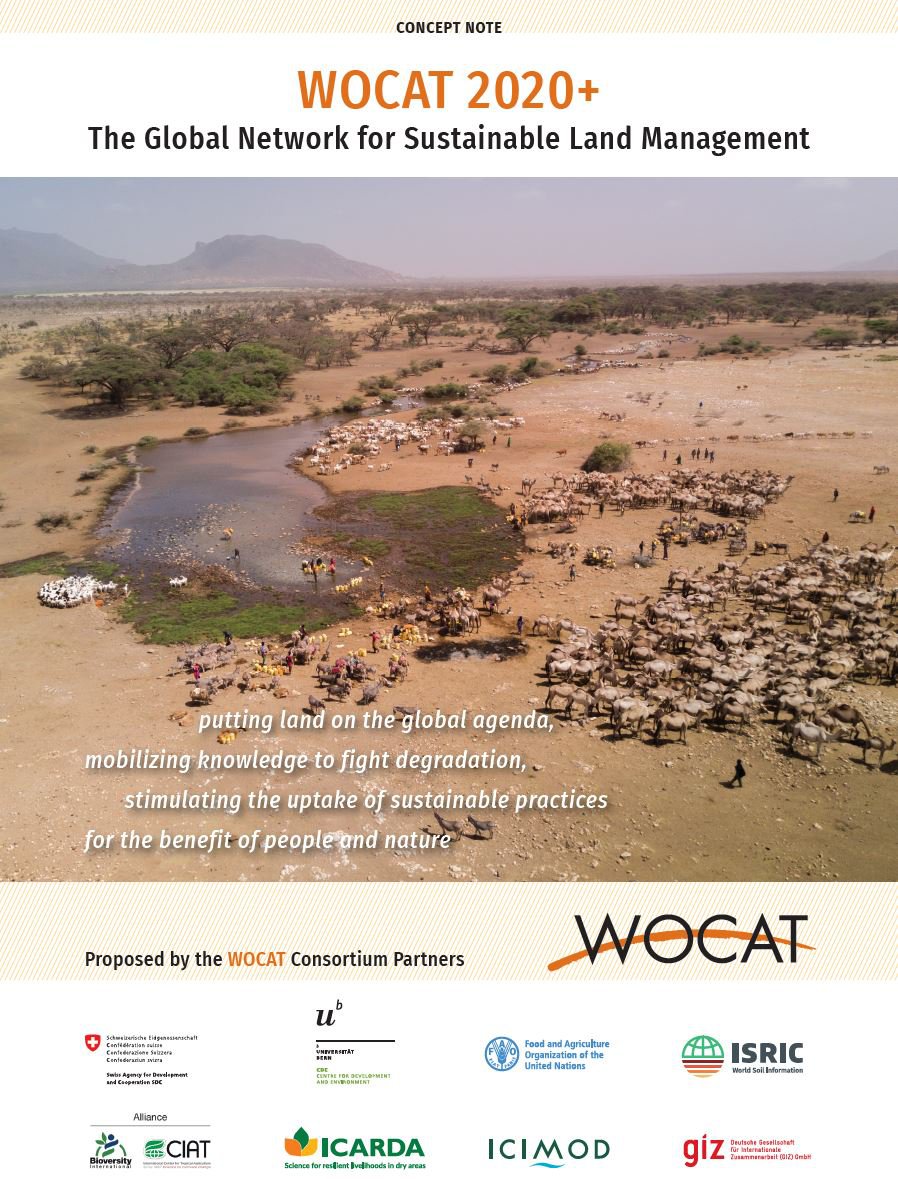
Developed by the Consortium Partners, the WOCAT 2020+ Concept Note describes the goal, strategy and the new organizational structure of WOCAT.
